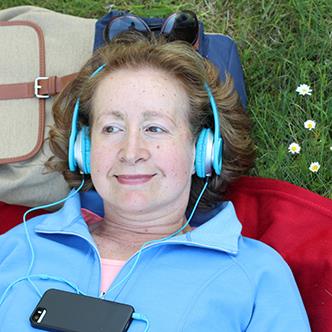
Recreational therapy helps promote long-term recovery after stroke, based on results of a Swedish trial that tested music and horse-riding therapy in stroke survivors.
Published in the American Heart Association journal Stroke, this study looked at potential benefits of recreational therapy after stroke.
Stroke is a leading cause of death and disability in the United States. It occurs when blood flow to the brain is temporarily cut off, often causing complications related to mental and physical function. Fortunately, immediate therapy can promote recovery, and most patients make the greatest gains in the six months after their event. However, many stroke survivors see continued improvement over time, making experts wonder about the added benefits of long-term therapy.
To learn more, researchers offered therapy to 123 stroke survivors that were ten months to five years out from their stroke. Two-thirds of participants were randomly assigned to either rhythm-and-music therapy or horse-riding therapy, while one-third of participants received standard care. The music and horse-riding therapies included two sessions a week and were designed to promote physical, social and emotional well-being.
After three months, participants’ perception of recovery increased by up to tenfold compared to those receiving standard care. Researchers also found that music and horse-riding therapy helped improve balance, strength and memory among stroke survivors. These gains in recovery were maintained even one year after the interventions.
What findings confirm, according to authors, is that long-term rehabilitation can lead to meaningful improvement in stroke survivors. Authors encourage future research to further our understanding of different types of long-term therapies after stroke.